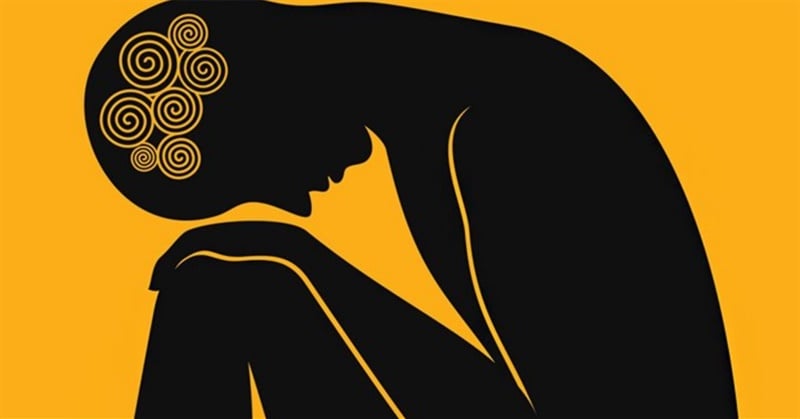Blaming hurts. It's easy to blame others and dodge responsibility for one's actions, yet doing so prevents listening and empathy. Many of us have trouble searching deep within ourselves, so we blame others. We don't enjoy taking responsibility for our acts, so we blame others as a self-protective measure. We're the ones who blame others, so we must stop.
Because others may have something to hide, avoid being blamed. If you feel blamed for something that wasn't your fault, remember that the accuser(s) are trying to cover their own assessments, not yours. When you've regained your composure, remove yourself from the situation. Being blamed is never pleasant, so don't let the matter escalate.
Stop blaming others by self-reflecting. When do you act inappropriately? When did you feel angry and regretful? What complicates the issue? What would you change? your choice. You shouldn't blame others for your mistakes. Even if you don't blame others, others will.
If you're accused of something, you can accept responsibility or apologize for not being to fault. Don't apologize for something you didn't do. "What did I do that you can't control?" If your partner is blaming you for something you didn't do, ask what happened. Why were you blamed? Have you contributed to those events? How come?
When you blame others, you might examine how you respond to events. Determine what causes your defensiveness before changing your behavior. Having a bird's-eye view allows you to more compassionately observe behaviour. This will help you respond better to contentious situations. You'll be happier, too.
When people point fingers, they miss out on building relationships. They lose faith, not gain it. Also, the blamed individual thinks they're the villain. These five techniques can help victims avoid playing the blame game. First, stay calm and consider before responding. Then, avoid partner criticism. Don't blame yourself if you're sick.
Self-awareness is key to avoiding blaming. Think more consciously. Analyze the motivations behind outside-focused ideas. When you figure out what triggers your anxiety, you can stop being blamed and move on. Without knowing why, it's hard to avoid casting the blame. You must take these activities to control your behavior.


